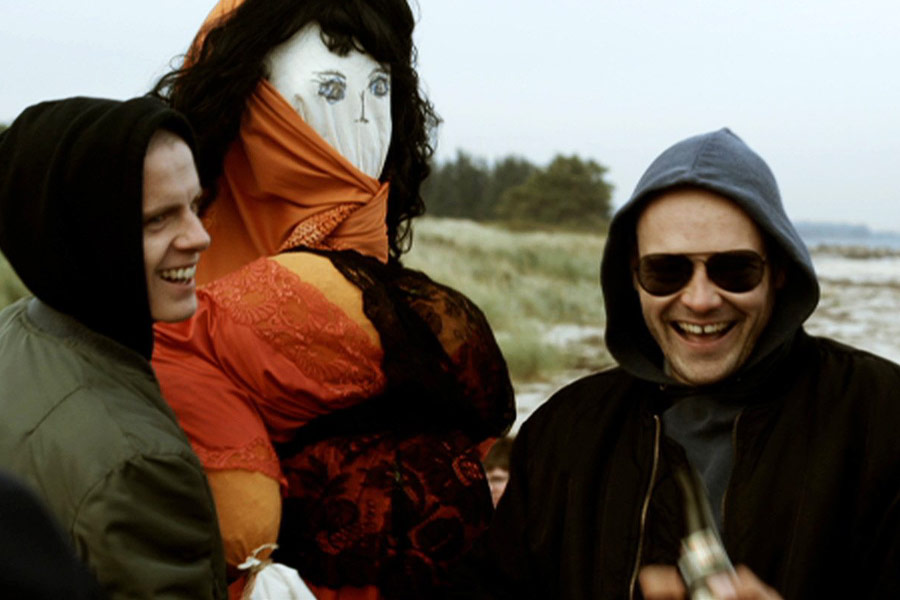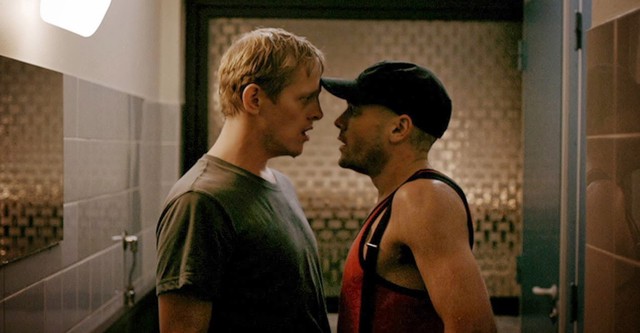Broderskab (2009), also known as Brotherhood, is a Danish drama that explores the complexities of forbidden love, identity, and extremist ideology. The film follows Lars (Thure Lindhardt), a young man who, after being rejected for a promotion in the military due to rumors about his sexuality, becomes drawn into a neo-Nazi group. Seeking belonging and direction, he is quickly accepted into the brotherhood, where he meets Jimmy (David Dencik), a dedicated and respected member of the movement. What starts as mentorship and camaraderie soon develops into a deep and passionate romantic relationship between the two men, setting the stage for an intense and dangerous conflict between their love and the violent ideology they are surrounded by.
As Lars becomes more immersed in the neo-Nazi world, he is forced to participate in acts of violence against minorities, despite his growing discomfort. At the same time, his secret relationship with Jimmy intensifies, leading both men to struggle with their feelings, beliefs, and the consequences of their actions. Their love is tender yet fraught with danger, as they know that being discovered would mean betrayal, humiliation, and possibly violence from their fellow members. The contrast between the brutal, hate-driven environment and their vulnerable, intimate moments creates a powerful tension throughout the film.
The story delves deep into themes of identity and internalized conflict, showing how Lars and Jimmy are torn between their true selves and the destructive ideology they have embraced. While Lars is initially drawn to the movement out of frustration and rejection, he soon realizes that he does not truly belong in this world of hate. Jimmy, on the other hand, has been deeply entrenched in the brotherhood for years, making his journey even more complicated. Their love challenges the very foundation of their beliefs, forcing them to confront difficult truths about themselves and the people they are surrounded by.
As their relationship becomes harder to hide, suspicion and tension within the group begin to rise. When their secret is eventually exposed, the consequences are brutal. Betrayed by those they once considered brothers, they face a terrifying reckoning that puts their lives in jeopardy. The film does not shy away from showing the harsh realities of extremist groups and the devastating effects of their ideology. The violent climax forces Lars and Jimmy to make choices that will determine their fate, pushing them to decide whether love or hate will define them in the end.

Broderskab is a gripping and emotionally intense film that challenges perceptions of loyalty, masculinity, and redemption. It provides a rare and thought-provoking look at the intersection of homosexuality and far-right extremism, exposing the hypocrisy and contradictions within such movements. With powerful performances from Lindhardt and Dencik, the film leaves a lasting impact, questioning the nature of identity and the cost of love in a world fueled by hate. Its haunting conclusion lingers, reminding viewers that breaking free from a cycle of violence and prejudice is never easy, but necessary for true freedom.






